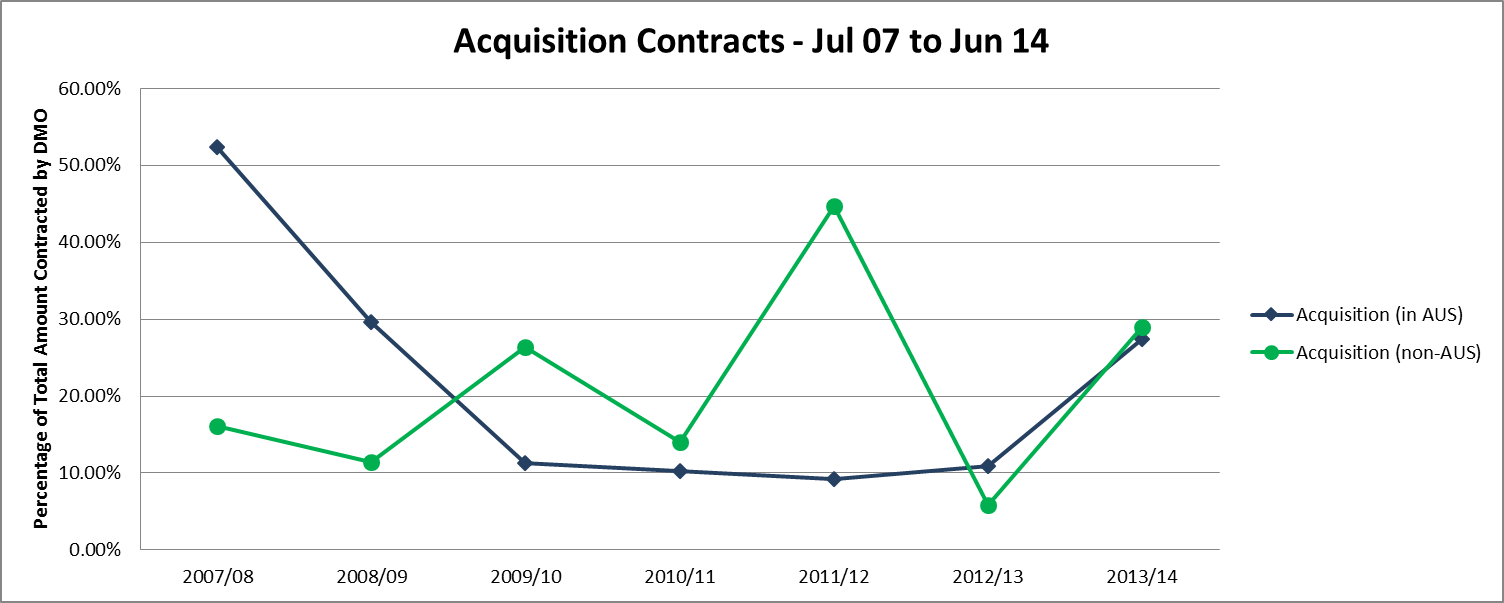Recent decisions by the Department of Defence have highlighted weaknesses and inconsistencies in the decision-making associated with defence procurements. The decision to go to restricted tender for the RAN’s two auxiliary ships to replace Success and Sirius is the subject of a Senate Inquiry, and the Rossi Boots decision has attracted considerable criticism in both parliament and the media.
Defence industry has, quite rightly, been a major consideration on this site in the recent past. John Harvey has postulated on ‘A simple Defence Acquisition/Industry Policy framework’, Mark Thomson has discussed ‘Defence projects, jobs and economic growth’ and I have advanced a conceptual framework for a sensible defence industry policy.
Those posts, and others, have one overriding thing in common: they all want to see the best national outcome for the money that the Government devotes to defence.
The difficulty lies in the discrepancy between what’s commonly promoted by those outside Defence, and what’s decided by those inside Defence. That discrepancy represents a failure of government (indeed, governments of all persuasions—not just the current one) to articulate an overarching decision framework to guide procurement. Projects decisions are made solely on a case-by-case basis, seemingly with no consideration of the impact on industry, and reflect what Chris Jenkins at Thales has described as a ‘series of random outcomes’.
The development and implementation of a transparent framework within which procurement decisions are made would seem to be warranted; and would provide logic and robustness for the application of tailored programs aimed at defence industry. Treating Industry as a capability as I have previously advanced seems to be (at least part of) the solution.
Defence acquisition decisions typically promote the outcomes as representing best value for money, and in accordance with the Commonwealth Procurement Rules (CPRs). That’s all well and good, but the CPRs are not restrictive, and do allow for factors other than the cheapest price to be considered. Those factors should include (1) the mitigation of strategic risk through the development of an industrial base that we need to have, (2) the associated development of skills and expertise for the sustainment of that industrial base, and (3) the economic benefits of doing the work in-country through increased employment, return to the Government through taxation, increased innovation and generation of intellectual property, and potential export.
It would appear that those making the decisions are not inclined, or not able, to consider the wider implications of their decisions. Treating industry as a fundamental input to capability would force those broader considerations.
Analysis of DMO contracts (from Austender) placed between July 2007 and June 2014 shows that since the placement of the Air Warfare Destroyer contracts in 2007/08 the value of acquisition contracts awarded locally has plummeted, and now more acquisition is contracted from outside Australia than within it. The graph below (click to enlarge) depicts only acquisition contracts (and not sustainment or other contracts). It shows that in the four financial years from 2009/10 to 2012/13 only 10% of DMO contracts were placed with companies operating within Australia for the acquisition of capability. The figure for Australian-owned companies is significantly (woefully) lower—and remember you can’t have cash flow if you don’t have a contract.

The development of the 2015 Defence White Paper and the Defence Industry Policy Statement represent an opportunity to start to get the industry bit of defence in order. A similar opportunity will not come again for a few years. It’s imperative that those documents describe a framework that will guide the development of the industrial base that we need to have—to minimise strategic risk, to maintain and develop critical skills, and to provide national economic benefits—and not merely continue the current approach of ‘any road is good enough’.
Graeme Dunk is manager of Australian Business Defence Industry, a national defence industry association.

